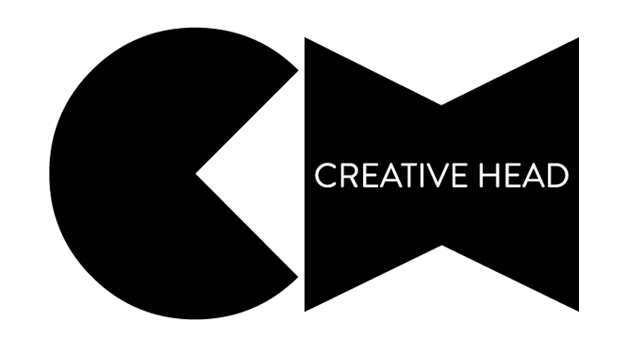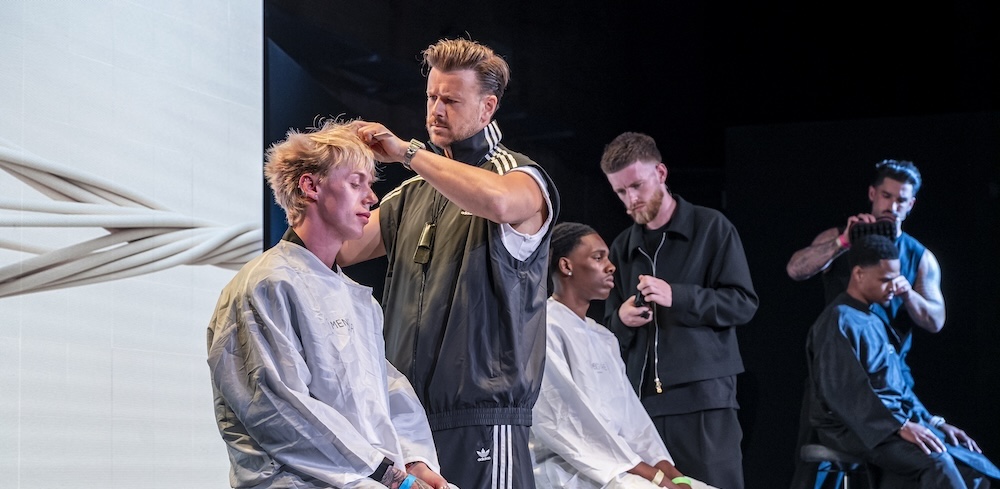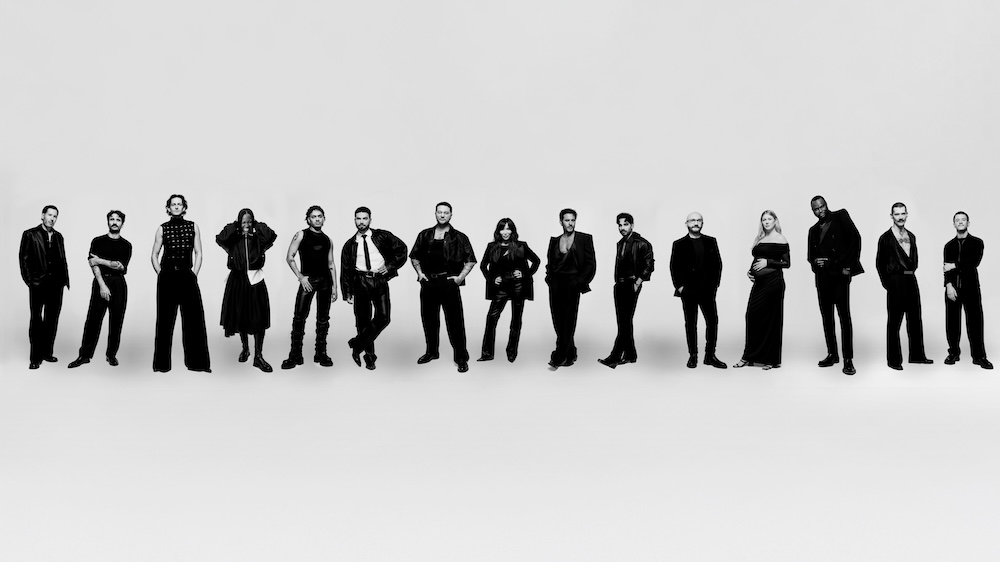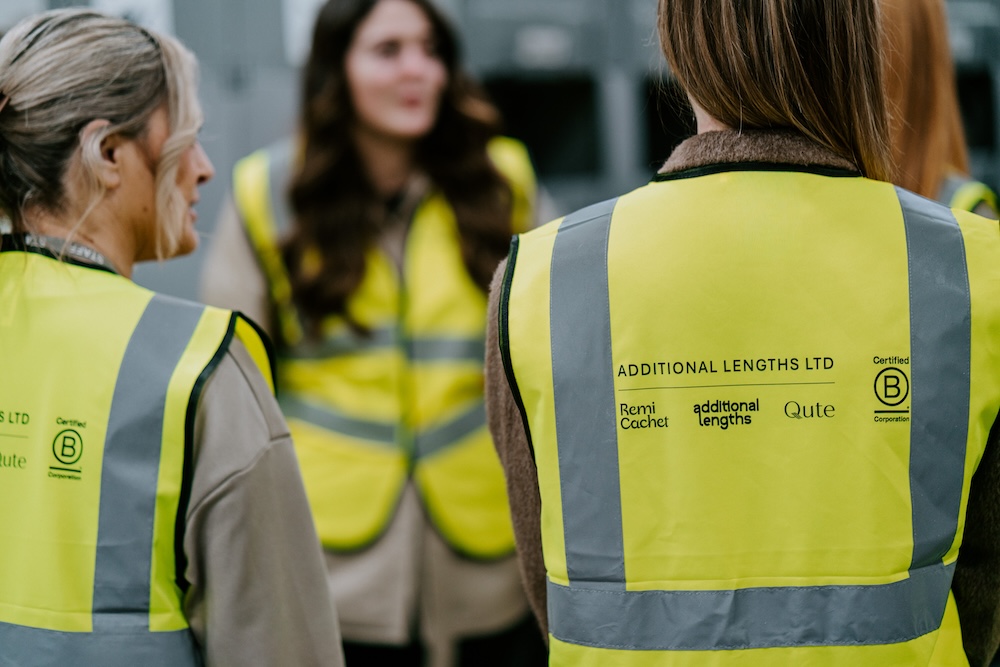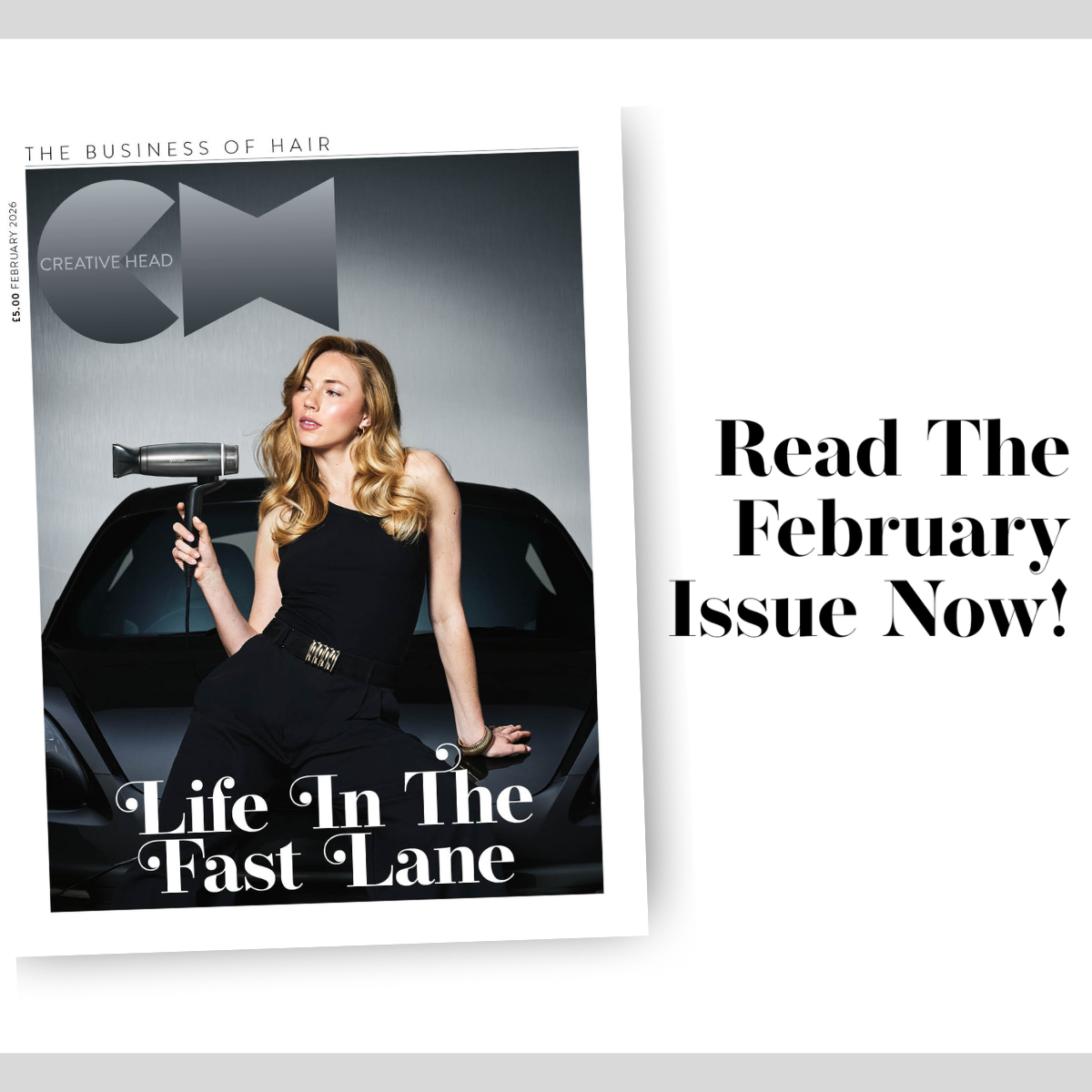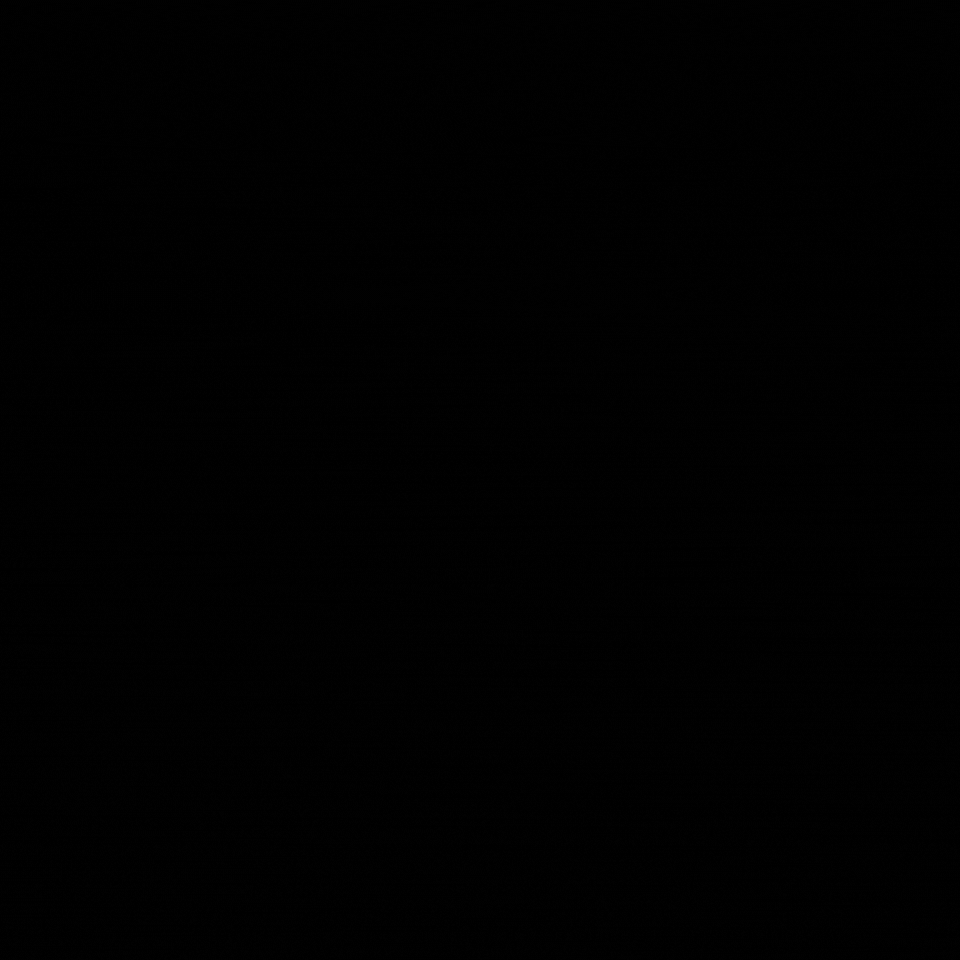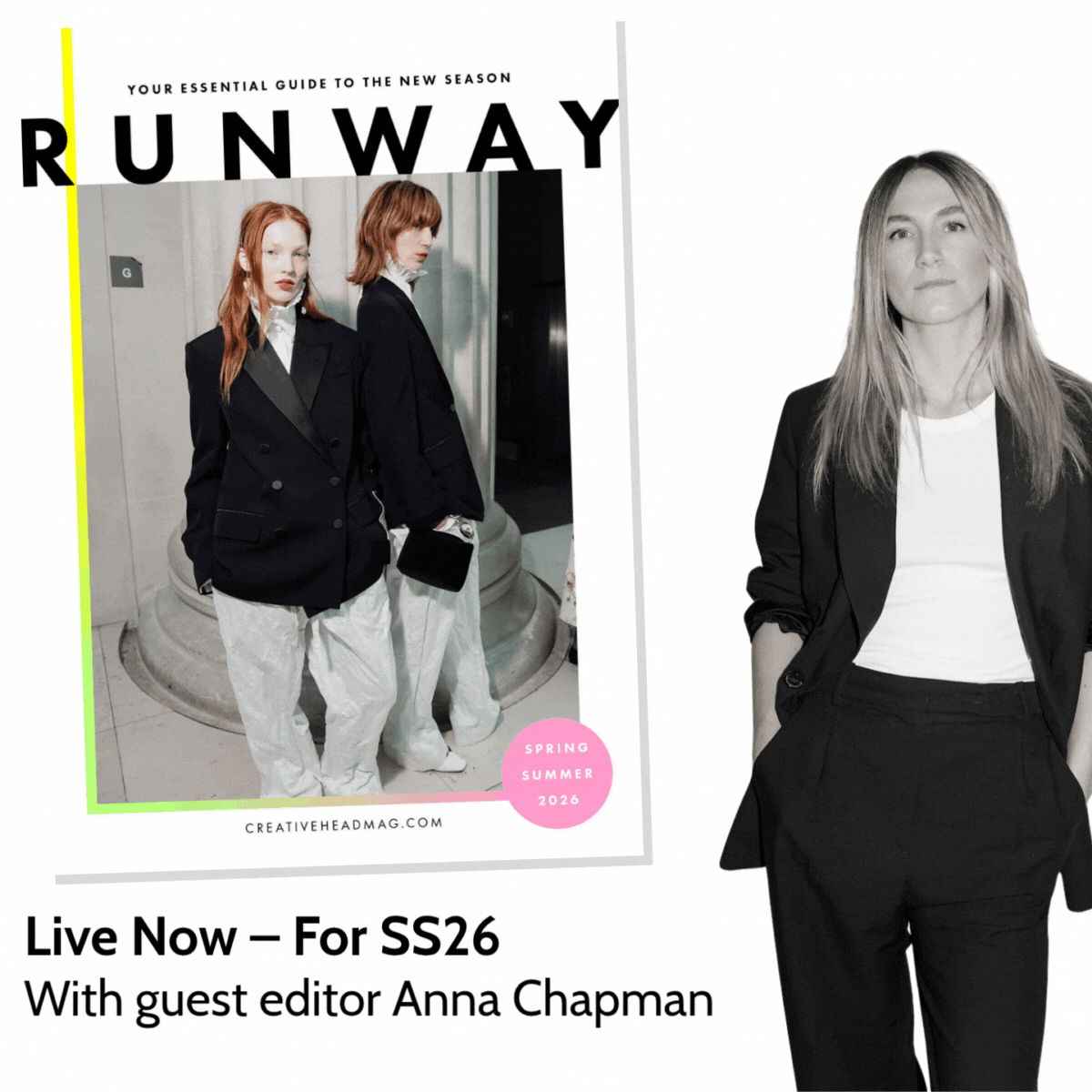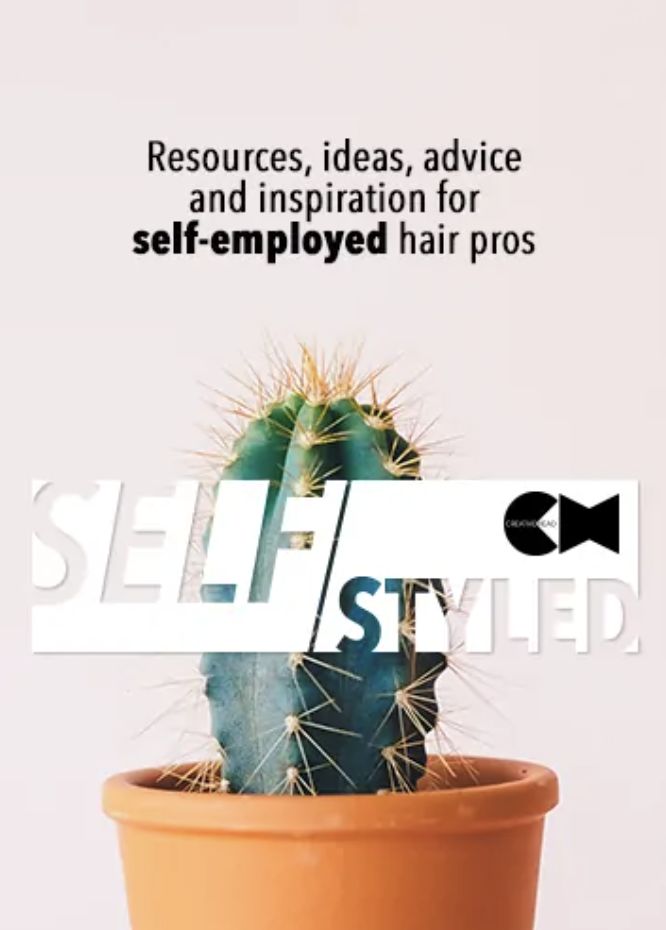Hair & Care Presents: Beyond Vision – Championing Inclusion In Fashion And Beauty
The fashion and beauty industries celebrate innovation, but one vital element is still too often ignored: accessibility. Beauty is meant to be a language of self-expression, a way to show the world who you are. But what happens when spaces designed for visibility leave millions unable to participate?
by ZURI | INFORM
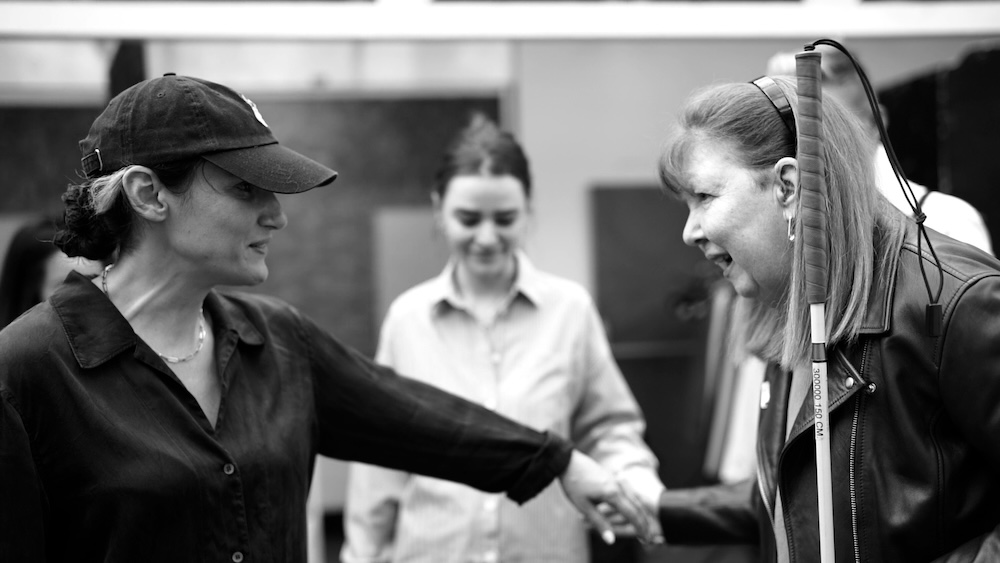
Hair & Care, the Hackney-based non-profit founded by award-winning hairstylist Anna Cofone, has been asking this question from the very beginning. Through monthly workshops for blind and low-vision women and girls, the organisation reimagines beauty as an experience beyond the surface, something to be felt, heard and a place for community. For Anna, the work is deeply personal. Her father, who lived with retinitis pigmentosa, viewed self-care as an act of dignity and visibility. That devotion lives on in Hair & Care’s mission: to make beauty a space of belonging for everyone.
Last week, the project took centre stage with the premiere of “Beyond Vision” at Sea Containers London, a short film and panel discussion that invited audiences to see beauty through a new perspective.
Film by: Hector Hilleary
A Sensory Approach To Beauty
Directed by Hector Hilleary, “Beyond Vision” invites us to see beauty through an unconventional lens, one shaped not by appearances, but by sensation. In Anna’s workshops, self-care unfolds as a fully sensory experience: the glide of a brush, the mist of a spray, the warm caress of water on the scalp. These rituals affirm identity as much as they nurture confidence and personal expression. For the women featured, the workshops offered a rare space of mutual understanding, where they could be their authentic selves and feel seen.
The film’s gentle power lies in showing how confidence and community emerge side by side. As participants laughed, experimented, and encouraged one another, it became clear that beauty is not a privilege of sight but a practice of care, connection, and recognition.
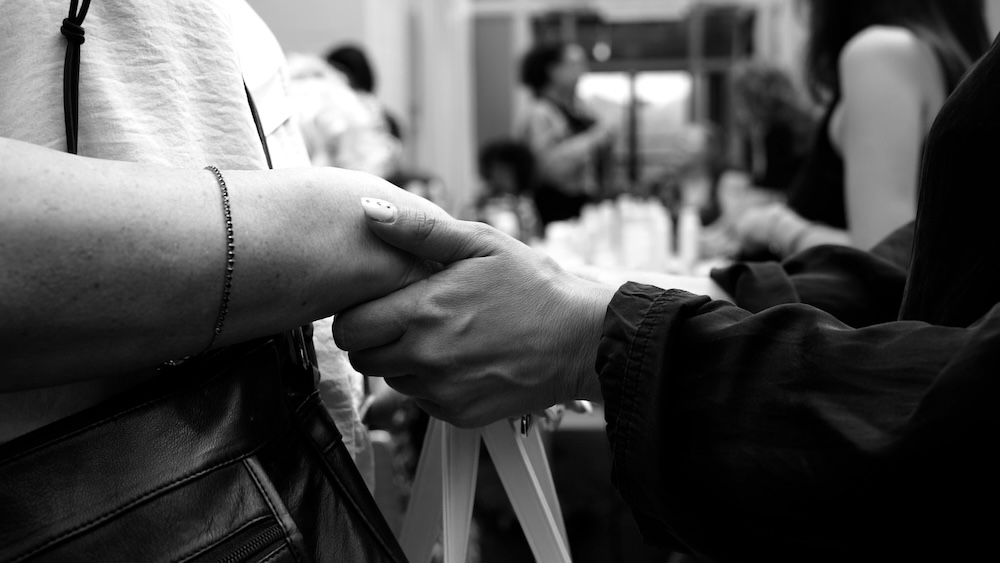
Image by: Hector Hilleary
Breaking Misconceptions
That spirit flowed into the evening’s panel discussion, where the conversation turned toward dismantling stereotypes. Too often, blind and low-vision people are assumed not to care about their appearance, simply because their experience of beauty is different. Yet, as one attendee shared, “Looking in the mirror and not seeing what’s looking back makes you hyper-conscious.” It was profoundly moving, a reminder to consider: what would self-care mean if we couldn’t see ourselves? The comment reframed the issue entirely: it isn’t disinterest but rather a heightened awareness shaped by exclusion.
Moderated by Vogue Business journalist Maliha Shoaib, the panel gathered blind broadcaster and activist Lucy Edwards, fashion designer Chet Lo, Dazed beauty director Alex Peters, deafblind social media analyst Jane Manley, and founder Anna. Together they pressed the industry to view accessibility not as an afterthought but as an essential design principle. As Jane Manley urged, “Do things from the front, not from the back.” From packaging to websites to in-store experiences, accessibility is most impactful when it is built in from the beginning.
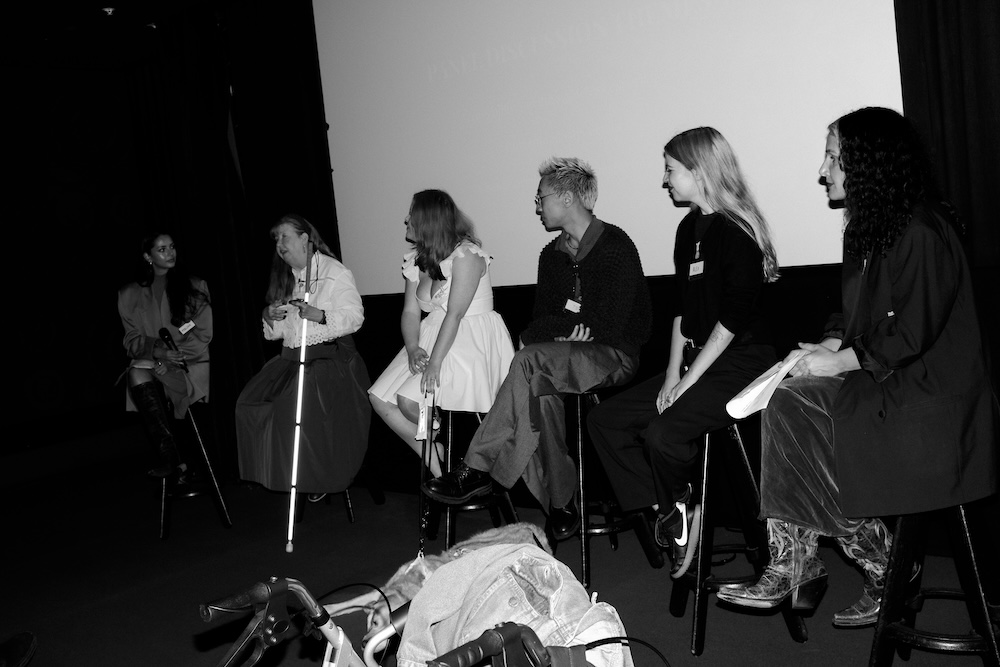
Image by: John Armour
A Call To Lead With Change
The conversation carried weight beyond the event. More than 2 million people in the UK live with sight loss today, a number expected to double by 2050. This is not a niche audience, but a growing community too often underserved and underfunded. While many brands cite cost as a barrier, the reality is clear: accessibility is not charity, it is both a moral and commercial imperative.
Hair & Care is already showing what’s possible. Through its Making Fashion Accessible programme, recognised by British Vogue and the BBC, the non-profit has brought inclusivity to London and Copenhagen Fashion Weeks, collaborating with leading designers to ensure accessibility is built into every aspect of fashion. Their workshops continue to provide blind and low-vision women with safe, sensory-led spaces to experiment with beauty on their own terms.
The premiere of “Beyond Vision” was a reminder that change begins in moments like these: a film that sparks empathy, a panel that challenges assumptions, and a project that insists on visibility.
The question now for the wider industry is this: the next time you launch a product, design packaging, or plan a campaign, will accessibility be an afterthought, or will you choose to lead from the front?
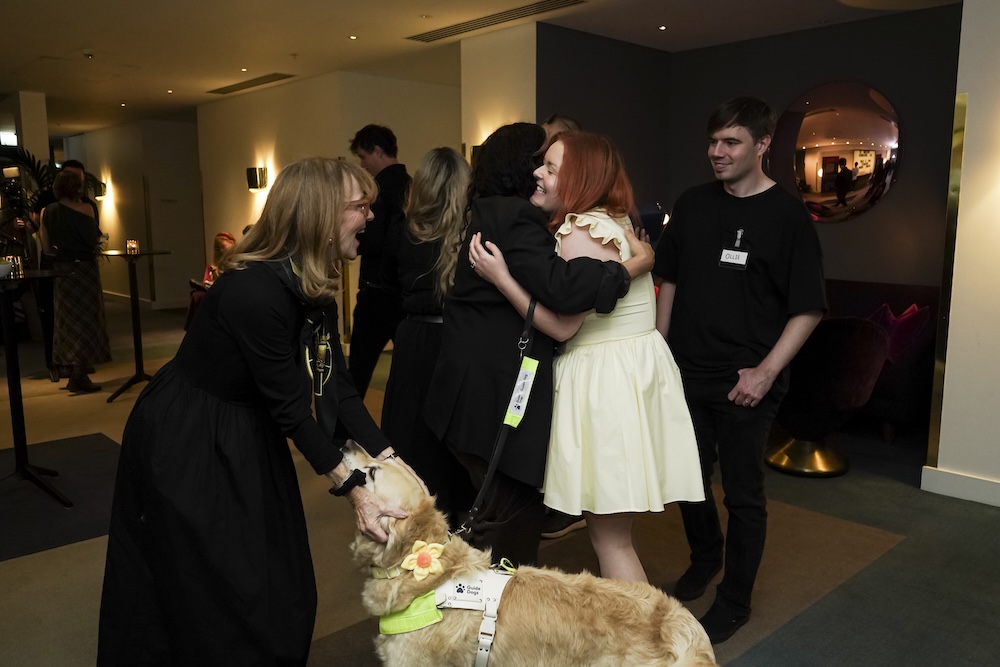
Image by: Madoka Take
